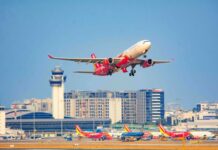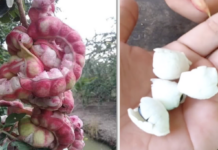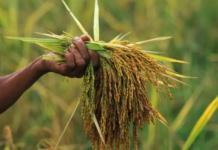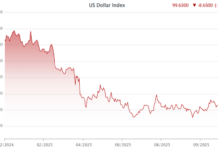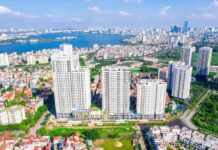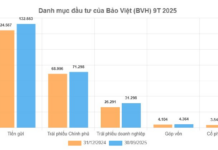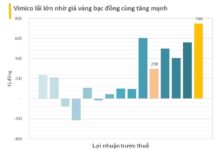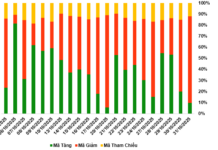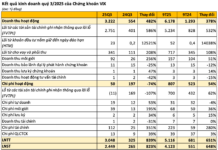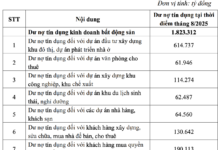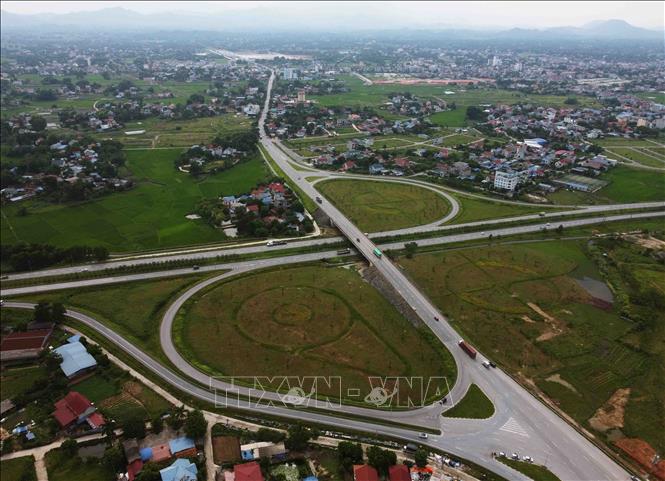
The Yên Bình intersection (Km41+800, Phổ Yên City) with the Hanoi – Thai Nguyen Highway. Illustration: Vu Sinh/ VNA
There are currently 12 state-invested highway projects and sections in Vietnam, 10 of which are expected to implement toll collection: Hanoi – Thai Nguyen, Ho Chi Minh City – Trung Luong, Mai Son – National Highway 45, National Highway 45 – Nghi Son, Nghi Son – Dien Chau, Cam Lo – La Son, La Son – Hoa Lien, Vinh Hao – Phan Thiet, Phan Thiet – Dau Giay, and My Thuan – Can Tho.
Regarding BOT projects, for highway projects invested by the State before 2020 with sections having parallel national highways, the Ministry of Transport can consider toll collection for these projects as the State has been collecting vehicle ownership fees.
The Ministry of Transport’s viewpoint is that highways bring greater benefits to road users compared to parallel national highways. Road users have the choice to travel on the parallel national highway (without paying extra for the highway) or pay to use the highway and enjoy better services and benefits.
“The toll collection for vehicles using state-invested, owned, managed, and operated highways does not result in double charging,” emphasized the Ministry of Transport.
The toll amount will be determined based on the principle of matching the quality of services provided, without exceeding the benefits obtained and the affordability of highway users, and with deductions for relevant taxes and fees already collected.
The Ministry of Transport also informed that toll collection on highways will only be implemented after the highway project is designed, invested, and constructed according to standards and technical regulations for highways, and after the completion of construction, installation of toll stations, and software and equipment to ensure smooth operation and toll collection.
For highways opened before January 1, 2025, that do not meet the requirements of the Law on Roads, toll collection will be implemented after fulfilling the above conditions.
The collection of tolls from vehicles using highways invested, owned, managed, and operated by the State is a new content recognized in the Law on Roads recently passed by the National Assembly at its 7th session of the XVth Legislature. The State collects highway tolls not for profit but to generate capital for maintenance, repair, and upgrade of highway routes.
The Ministry of Transport is currently seeking opinions on this content in the draft decree guiding the Law on Roads 2024.

